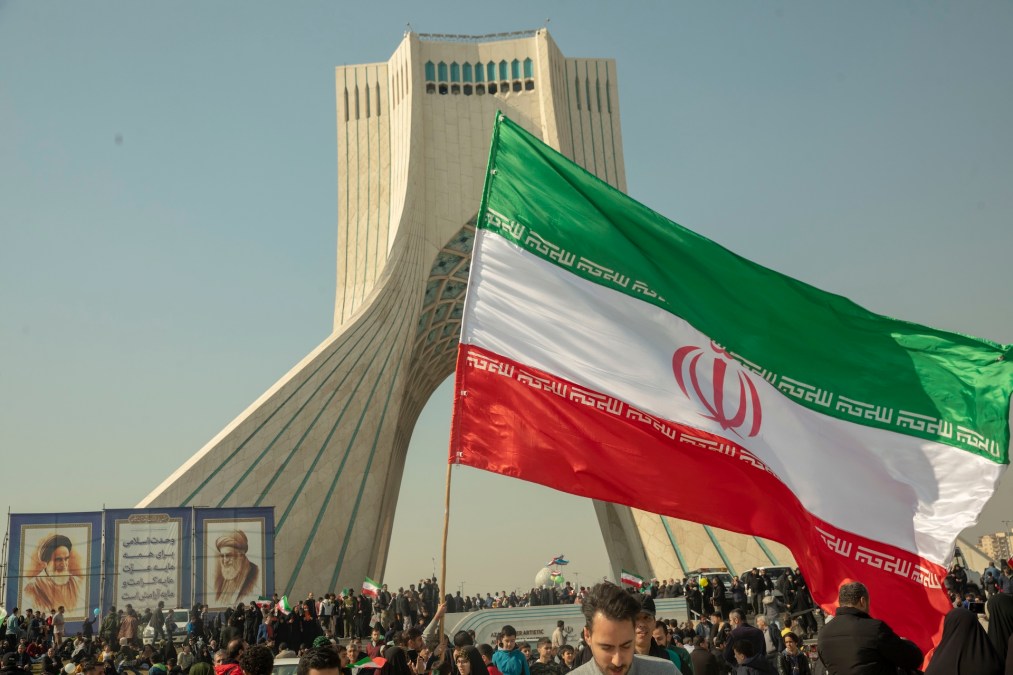OpenAI bans accounts linked to ‘covert Iranian influence operation’

OpenAI identified and banned a cluster of accounts this week that the company said Friday were part of a “covert Iranian influence operation” that generated content related to a variety of issues, including the U.S. presidential elections.
The news comes less than a week after former President Donald Trump’s campaign said that it had been compromised by a cyber operation that Microsoft linked to Iran’s Islamic Revolutionary Guard Corps (IRGC), which used a former senior Trump adviser’s compromised email account to successfully exfiltrate internal campaign materials.
Google’s Threat Analysis Group also said this week that it had observed Iranian-backed efforts to step up the targeting of American and Israeli officials and organizations, including both major U.S. presidential campaigns.
The Iranian effort identified by OpenAI used ChatGPT to generate long-form articles and shorter social media comments, which were shared across five websites posing as both progressive and conservative news outlets, as well as comments in Spanish and English posted on social media.
“We identified a dozen accounts on X and one on Instagram involved in this operation, with some accounts posing as progressives and others as conservatives,” OpenAI said in a statement posted to the company’s website Friday. “They generated some of these comments by asking our models to rewrite comments posted by other social media users.”
The content generated by the operation touched on the Israel-Gaza conflict, Israel’s presence at the Olympic Games, the U.S. presidential elections, politics in Venezuela, the rights of Latinx communities in the U.S. and Scottish independence, the company said.
The operation did “not appear to have achieved meaningful audience engagement,” the company noted, with the “majority of social media posts that we identified [receiving] few or no likes, shares or comments.”
Microsoft’s report noted that an Iranian cluster of activity that spun up phony “news” and commentary websites sought to engage U.S. voters on opposing sides of the political spectrum, in part, by using AI-enabled services.
A spokesperson for the Permanent Mission of the Islamic Republic of Iran to the United Nations did not respond to a request for comment Friday. The spokesperson previously told CyberScoop that the Iranian government neither had intent nor motive to interfere in U.S. elections.



